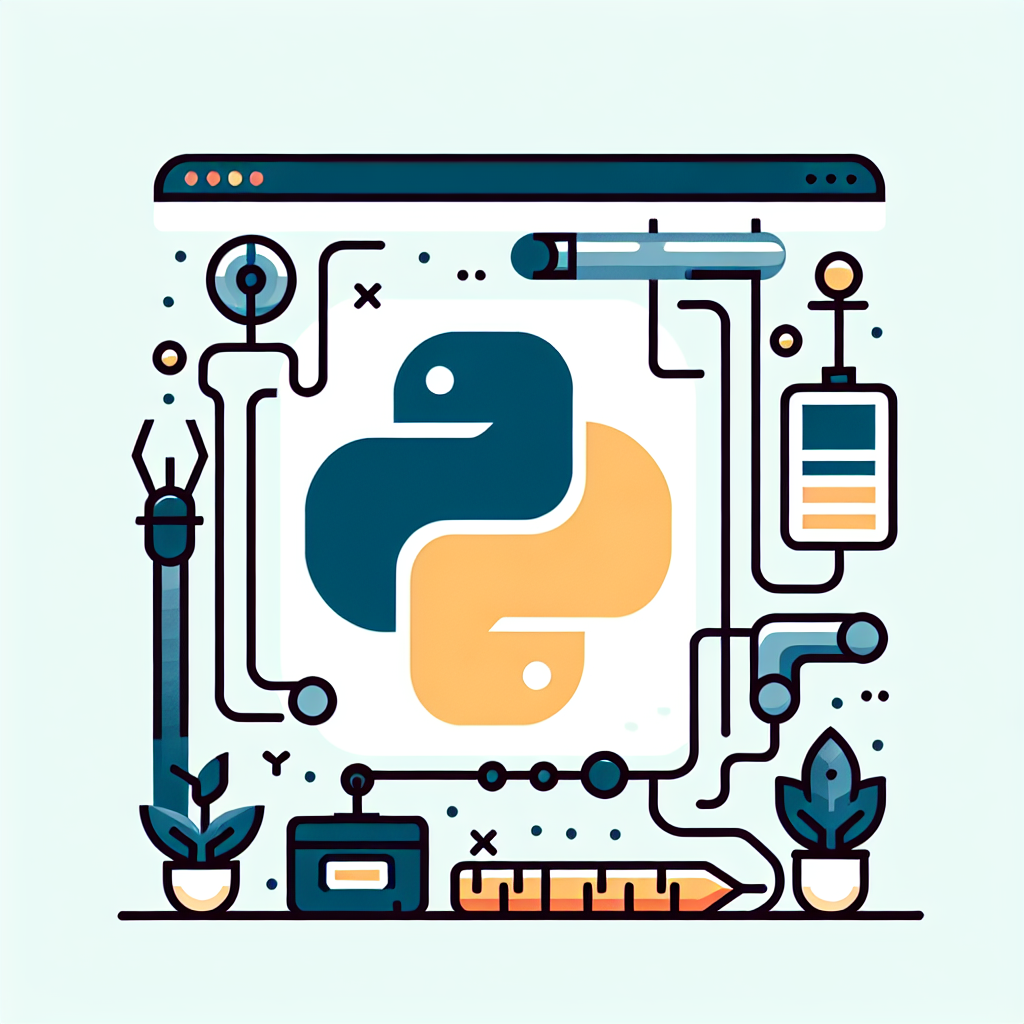Convert Python to Objective-C: Streamline Your Code Fast
Effortlessly convert Python to Objective-C with our innovative tool. Enhance app development efficiency with seamless code translation. Try it now!
Source Code
Converted Code
Output will appear here...
Transform your Python code to Objective-C seamlessly with our Python to Objective-C converter. This efficient tool simplifies cross-platform development, enabling developers to effortlessly migrate apps for iOS environments. Enhance productivity and streamline your coding process with accurate syntax conversion and comprehensive support for complex projects.

Python to Objective-C Conversion Tool Link to this section #
Maximize your development efficiency with our Python to Objective-C conversion tool. This tool is designed for developers aiming to seamlessly translate Python code into Objective-C, enhancing cross-platform application development. Whether you're migrating an existing Python project or integrating Python logic into an Objective-C environment, this tool simplifies the process.
Key Features Link to this section #
- Automatic Syntax Translation: Converts Python syntax to Objective-C, reducing manual coding efforts.
- Data Type Mapping: Handles common data types between Python and Objective-C to ensure compatibility.
- Code Snippet Generation: Provides ready-to-use Objective-C code snippets from Python functions.
Benefits Link to this section #
- Time-efficient: Quickly convert code without the need for extensive rewriting.
- Consistency: Maintain uniformity in your codebase across different programming languages.
- Ease of Use: User-friendly interface designed for both novice and experienced developers.
Example Conversion Link to this section #
Here's a basic example of how the conversion works:
Python Code:
def greet(name):
return f"Hello, {name}!"
Converted Objective-C Code:
- (NSString *)greet:(NSString *)name {
return [NSString stringWithFormat:@"Hello, %@!", name];
}
How It Works Link to this section #
- Input Your Python Code: Paste or upload your Python script into the tool.
- Convert: The tool processes the code, translating syntax and mapping data types.
- Download or Copy: Obtain the converted Objective-C code for integration into your project.
Related Keywords Link to this section #
- Python to Objective-C translation
- Objective-C code conversion
- Cross-platform development tools
Explore more about cross-language development and best practices through authoritative resources like the Apple Developer Documentation and Python's Official Site.
This tool is your bridge from Python to Objective-C, enabling versatile and robust application development.
Frequently Asked Questions
How do I convert Python code to Objective-C?
Converting Python code to Objective-C requires a manual translation process, as they are fundamentally different languages with distinct paradigms. You need to rewrite the logic of the Python code in Objective-C, ensuring you handle data types, memory management, and other language-specific features appropriately. Tools like PyObjC can help bridge Python with Objective-C for macOS development, but direct conversion isn't automated.
Can I use Python libraries in an Objective-C project?
Yes, you can use Python libraries in an Objective-C project by employing a bridging technique. PyObjC is a Python-Objective-C bridge that allows you to write Python scripts that interact with Objective-C frameworks, primarily for macOS development. However, keep in mind that this approach may require adjustments for compatibility and performance considerations.
What are the main differences between Python and Objective-C?
Python is an interpreted, high-level, dynamically typed language known for its simplicity and readability, making it ideal for rapid development and scripting. Objective-C, on the other hand, is a compiled, statically typed language that extends C with object-oriented capabilities, commonly used for macOS and iOS app development. Key differences include syntax, memory management (Python uses automatic garbage collection, Objective-C uses manual reference counting), and their respective standard libraries and runtime environments.